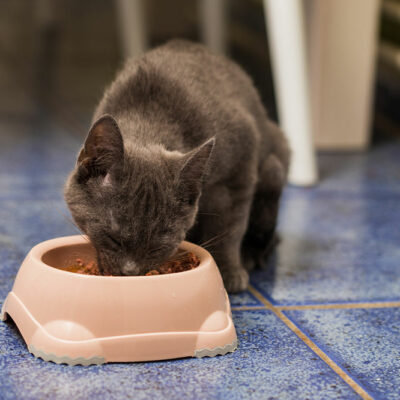
8 Natural Ways to Manage ADHD Symptoms
National surveys say that millions of children are diagnosed with attention deficit hyperactivity disorder (ADHD) every year. The signs and symptoms of ADHD include short attention span, forgetfulness, inability to sit through a tedious task, constant fidgeting and impulsiveness, and many more. Some symptoms of ADHD can have a serious impact on the child’s confidence and discipline at a growing age. While medication is available to treat this condition, there are natural remedies—for both children and adults—that involve a few dietary and lifestyle changes to relieve the symptoms. Some of them are:
- Omega-3 fatty acids
Omega-3 fatty acids play an important part in the smooth functioning of the brain. Many ADHD patients fail to incorporate an adequate amount of omega-3 fatty acids in their diets. Unlike other fats, the body doesn’t produce omega-3, so the fat needs to be given to it through some foods. Foods such as fish oil, salmon, flax seeds, chia seeds, walnuts, and soybean oil are good sources of this essential nutrient.
- Protein-rich foods
A well-balanced, protein-rich diet can help manage ADHD symptoms effectively. Protein also curbs the spike in blood sugar levels, thereby containing hyperactivity. This, in turn, enables patients to stay calm and focused on the task. Children require 24 to 30 grams of protein and adults need 45-70 grams of it per day. Protein-rich foods such as lean beef, nuts, soy, fish, eggs, pork, and more can be greatly beneficial in easing ADHD symptoms.
- Low-carb diet
Carbohydrates induce drowsiness, which further contributes to low concentration and focus. Smart carbohydrates with a low glycemic index do not cause a surge in blood sugar levels, reduce cravings, and provide your body with just the right amount of the essential nutrients. Foods such as legumes, whole grains, and fruits contain high levels of smart carbohydrates.
- Add more colour to your diet
Try and include more colour to your diet to nourish your body with the necessary vitamins and antioxidants. Your diet must include colours in the form of yellow squash, bell peppers, blueberries, pomegranate, kiwi, and more.
- Herbs and spices
Readily available herbs and spices are packed with varied health benefits. For instance, cinnamon is a natural aphrodisiac that’s high in antioxidants, sage and rosemary boost memory, garlic induces blood flow and relaxes blood vessels, and turmeric keeps the plaque that is claimed to cause alzheimers at bay.
- Get adequate sleep
A good night’s sleep is a common solution for many diseases and conditions, and an important one. Sleep is essential for every part of the body so that the body, as a whole, can function optimally. Sleep deprivation contributes to ADHD symptoms, such as poor concentration, fatigue, lack of focus, and more.
- Exercise and meditation
Regular forms of exercise and meditation increase endorphins that instantly lift your mood, and the rise in dopamine levels helps increase focus and attention. Any form of exercise is known to relieve other ADHD symptoms such as hyperactivity, impulsivity, etc., and helps in mindful talking and executing tasks in a better way.
- Behavioural therapy
For kids under five years of age who have ADHD symptoms, behavior training becomes a primary solution. It is first given to parents, who can then impart those skills to their kid. In a few cases, it is combined with medication. Behavioural therapy helps target specific problems and makes for a better teaching approach, especially when it comes to young children.


